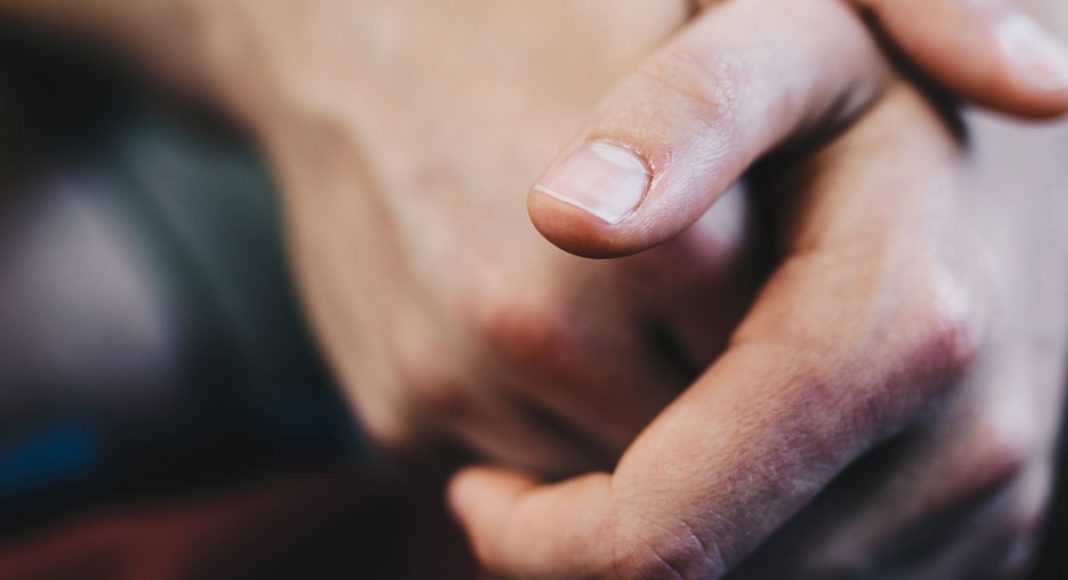Psoriasis is one of the most common autoimmune diseases, affecting about 7.5 million in the US with 150,000 new cases each year. It is caused when skin cells get a wrong message to grow too quickly. These cells don’t shed as normal ones do, resulting in red, patchy, and sometimes scaly, buildup. Commonly affected areas are the knees, lower back, scalp, and elbows.
It is not contagious — sufferers must have the gene that can cause it — and some may report pain in the affected areas. According to the Mayo Clinic, changes in lifestyle such as regular moisturizing, quitting smoking and managing stress may lessen the effects.
The disease is chronic and there is no cure. Treatment is treating the symptoms, something Cannabis may help with.
THC And The Immune System
A University of South Carolina study found that THC, one of the two major compounds in cannabis, and part of a family of compounds called cannabinoids, can suppress the body’s immune response which is what leads to outbreaks. Cannabinoids are also potent anti-inflammatory agents, a 2009 study found.
Mood
Psoriasis affects mental health. Stress can cause outbreaks and worsen them. A 2010 study published in the journal Archives of Dermatology found those afflicted have a 39 percent increased prevalence of depression. And those suffering from depression may increase their chances of Psoriasis. A 2013 study found severely depressed women were nearly twice as likely to develop it. Cannabis’ euphoric feeling has been shown to reduce stress levels in low doses.
-
Related Story: Let’s Talk About How Medical Marijuana Can Help With Eczema
CBD Topicals
For those who suffer pain with outbreaks, Cannabis-based topicals can help. CBD, the other major compound in Cannabis, will not leave the user euphoric, but acts as a pain reliever. Since many of these topicals also contain moisturizers, they can also help to treat the redness and scaly buildup. Some of these balms also contain THC and can lessen inflammation.
-
Related Story: This Cannabis Cream Is Here To Help
Vape, Don’t Smoke
As said above, a common lifestyle change doctors encourage for sufferers is to quit smoking. Marijuana has essentially the same irritating effect on skin as tobacco. Dermatologist Bobby Buka told the Huffington Post,“The delivery system is really critical … Even a bong would be preferable,” to smoking, and recommended patients use a vaporizer instead.


